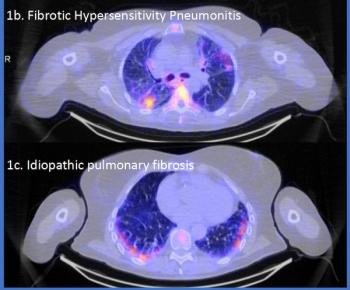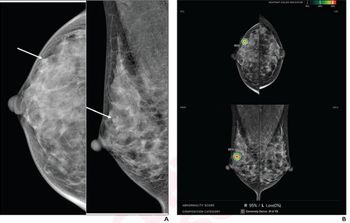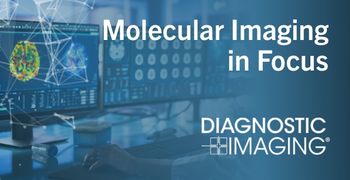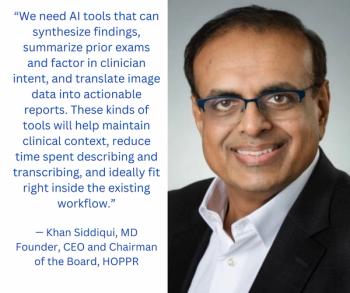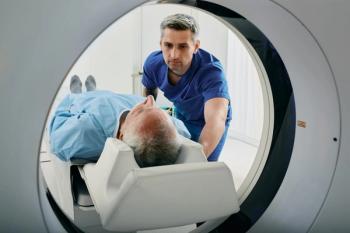
PACS firms better watch out for Y2K
PACS firms better watch out for Y2KThe year 2000 (Y2K) issue has led to much concern in the PACS and medical imaging market, for both vendors and end users alike. Non-Y2K-compliant systems in the field will provide tension between vendors and
PACS firms better watch out for Y2K
The year 2000 (Y2K) issue has led to much concern in the PACS and medical imaging market, for both vendors and end users alike. Non-Y2K-compliant systems in the field will provide tension between vendors and their clients, if they haven't already (see article on SCAR meeting, page 4).
While many customers expect that vendors will foot the bill for solving the problem, companies have often been reluctant to assume the cost for equipment that in many cases was not expected to last into the millennium. It's altogether possible that disputes over this issue may wind up in court.
The biggest impact of Y2K on PACS firms, however, may be on future PACS purchases. The problem is absorbing an increasing percentage of hospital information technology budgets. With many IT resources focused on Y2K, big-ticket purchases like PACS will likely be placed on hold.
In this kind of environment, PACS vendors, many of which are adding dramatically to their organizations, may experience a substantial slowdown in sales in the second half of the year and through 1999. If this happens, it would be truly unfortunate, because the market fundamentals for strong growth in the PACS sector finally appear to be
in place.
In other developments, PACS & Networking News is launching a new feature this month. Contributed periodically by consultant Herman Oosterwijk, DICOM Update will keep you abreast of ongoing developments with the DICOM standard.
-Erik L. Ridley, Editor
Search again Homepage
Newsletter
Stay at the forefront of radiology with the Diagnostic Imaging newsletter, delivering the latest news, clinical insights, and imaging advancements for today’s radiologists.

